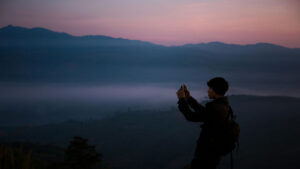
How to Get Internet on Mount Kilimanjaro | Connectivity Tips
Table of Contents Internet Access on Kilimanjaro: What to Know | Kili Quests Wondering if you can stay connected during your Mount Kilimanjaro trek?Whether
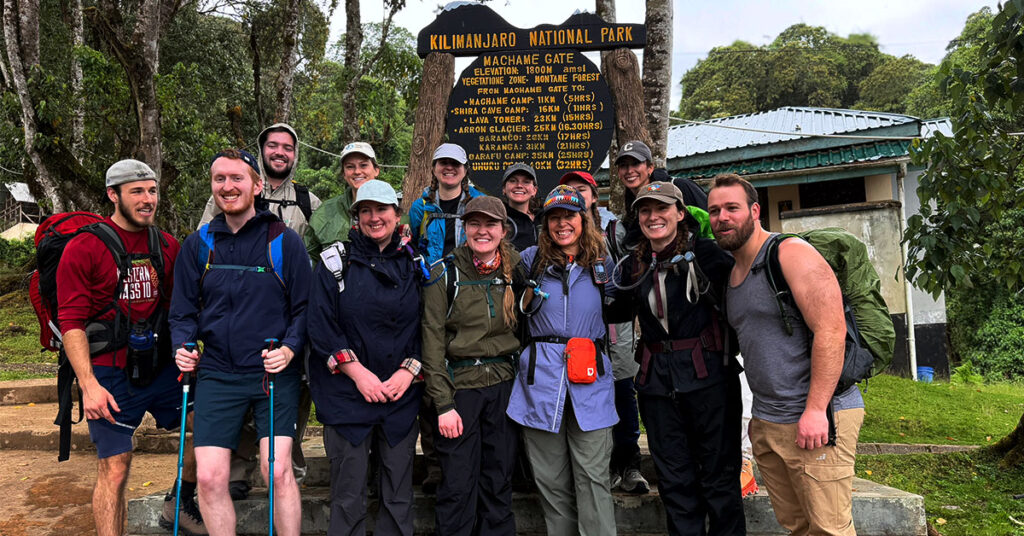
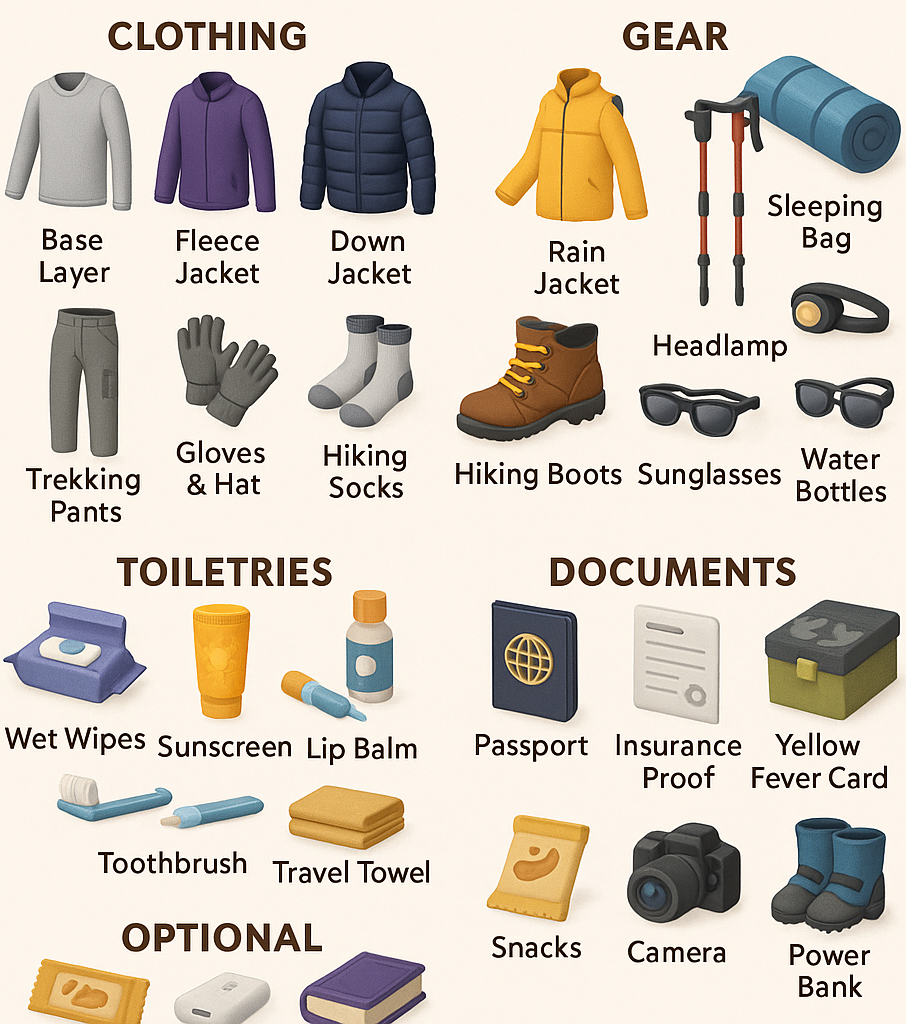
Footwear makes or breaks your trek. Choose well and break them in early.
Stay clean and comfortable on the mountain with these smart packing tips
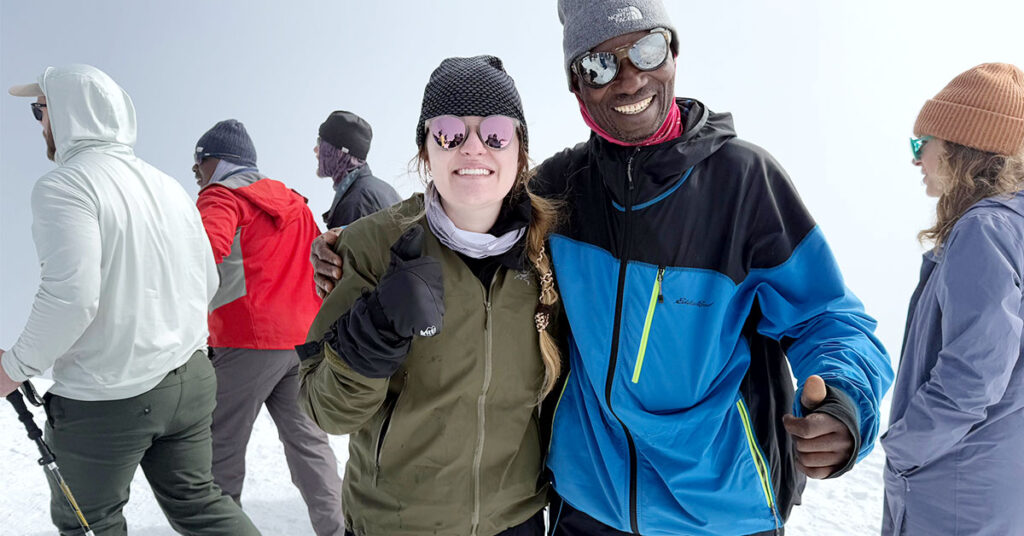

Table of Contents Internet Access on Kilimanjaro: What to Know | Kili Quests Wondering if you can stay connected during your Mount Kilimanjaro trek?Whether
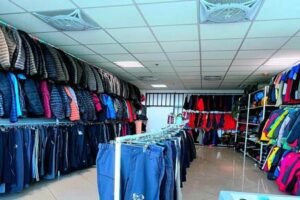
Table of Contents Don’t Have Hiking Gear? Here’s How to Rent Equipment for Your Kilimanjaro Trek | Kili Quests No gear? No problem. You don’t
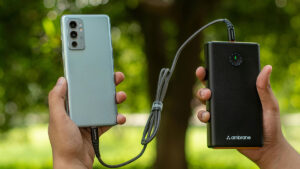
Table of Contents How to Charge Your Devices on Mount Kilimanjaro: Power Tips for Trekkers | Kili Quests If you’re heading to Mount Kilimanjaro,